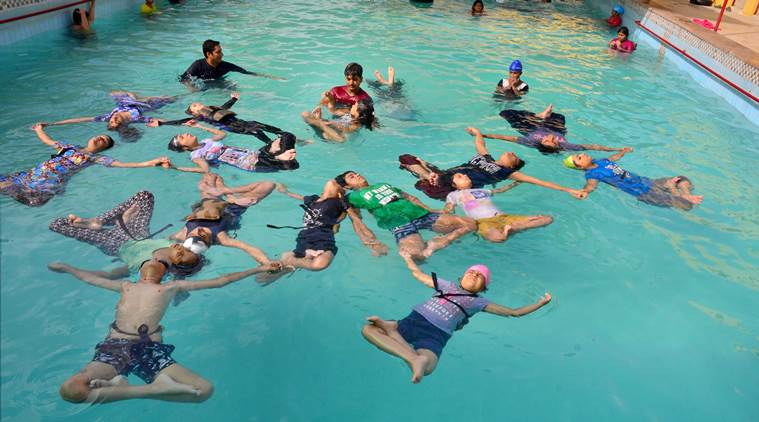Relaxation, yoga, meditation, mindfulness
do you want but do something

inside excellent life
For most sports August is a month of the start of the preparation for the new season or the holiday period because it’s just finished. For all of these athletes should be a period of recovery from the fatigue of the past season or return to a acceptable shape level. From the point of view of mental coaching, the athletes should be directed to carry out activities that enable them to improve the management of stress in competitions. In this sense, it’s useful the daily practice of relaxation exercises (for all) and concentration exercises (only for those who have already started the raining) in order to be ready for the new and challenging season.
It’s still continuing the Stephan El Shaarawy’s crisis, Milan football player, after a good first half of the season, he played a rather subdued the second part and this crisis seems to continue in the national team. Crisis are quite common in young players and, maybe future champions, as it is not easy to maintain high performance levels when everyone expects it to be so.
Many athletes feel these emotions and should have to follow a program of psychological coaching to train mentally to handle them effectively. I hope that Prandelli, the Italian team coach, is not one of those coaches that says “do not worry, as soon as you score a goal all these thinks get out.”
The main training mode are the following:
In questi giorni le dichiarazioni di alcuni calciatori relative al loro livello di nausea del pallone e la dichiarazione di Damiano Tommasi, presidente dell’Associazione Italiana Calciatori, sulla necessità di attuare un programma antistress nel Club Italia, nonchè il desiderio dei calciatori tedeschi di avere uno psicologo in squadra, mettono in rilievo l’esistenza di un disagio psicologico. Al di là delle cause di questo malessere, appare evidente la necessità dei calciatori di imparare a recuperare energia mentale e desiderio di giocare attraverso una riduzione di questo professionale. Una prima risposta è quella d’imparare a rilassarsi per ridurre le tensioni sostituendole con una condizione psicofisica di distensione. Lo scopo è di uscire fuori da una condizione di lamentela passiva e di entrare in un’altra che è attiva e che rappresenta da sempre una delle più efficaci azioni antistress. Nei miei di allenamento mentale per gli atleti vi è sempre una parte dedicata al rilassamento, che non serve per giocare meglio, ma per uscire da quel tunnel in cui vi è un unico e costante pensiero: la gara, come fare per essere il migliore in campo. Questi pensieri accompagnati dalle relative emozioni (ansia, depressione, inpulsività, rabbia) nel tempo portano alla nausea nei riguardi dell’allenamento e delle partite. Non è l’unica ragione ma è notevolmente importante e molti campioni del calcio a un certo punto della loro carriera non hanno più fame di vittorie. I soldi, poi, hanno cambiato il loro modo di interpretare la realtà e in un calcio in cui domina sempre di più il valore dell’intrattenimento rispetto a quello dell’agonismo si dimentica la voglia di lottare. Per cui si riparta dall’insegnare a gestire e ridurre lo stress, attraverso strategie come quelle descritte nel mio libro “Affrontare lo stress”.